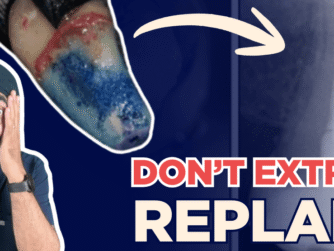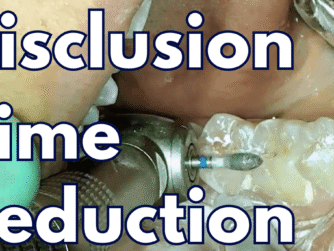Podcast: Play in new window | Download (Duration: 33:22 — 48.6MB)
Let’s face it – CQC inspections can be scary stuff for principals and managers (and even associates!)
As per your request, I brought on a CQC Specialist Advisor, Dr Chita Davda to share her top tips to passing with flying colours.
We discussed the common things that CQC checks on a practice, common questions they ask, and some tips on how to pass the examination. The emphasis is on understanding that the CQC and dental professionals share the same core ethics. Inspections aren’t about catching each other out but ensuring the best possible care for patients.
Need to Read it? Check out the Full Episode Transcript below!
If you want to learn more about Dr Chita, you can check out her website https://www.trainwithchita.co.uk
In the upcoming CPD event at The Shard, attendees will get a rare opportunity to hear from a lead inspector from the CQC. This provides a chance to debunk myths and understand common errors, offering clarity to dental professionals.
If you want to be a part of this event, head over to https://protrusive.co.uk/shard
If you enjoyed this episode, you will also like Indemnity vs Insurance 2023 – Which one is best for you? – GF019
Did you know? You can get CPD from the Web App or Phone App and watch premium clinical videos, for less than a tax deductible Nando’s per month?







